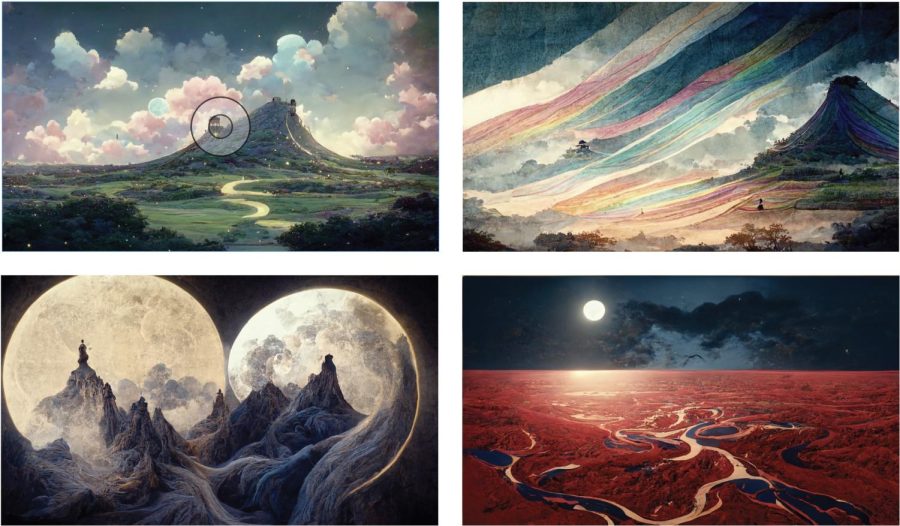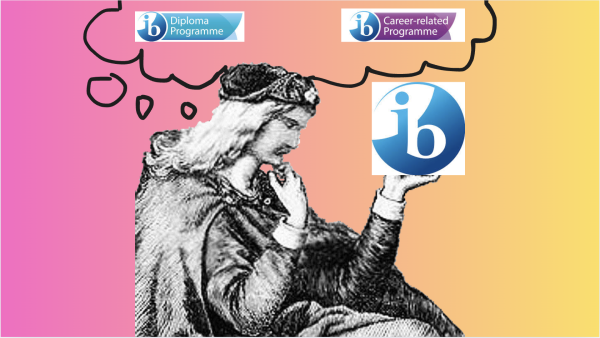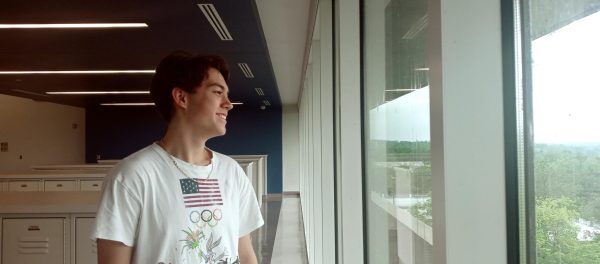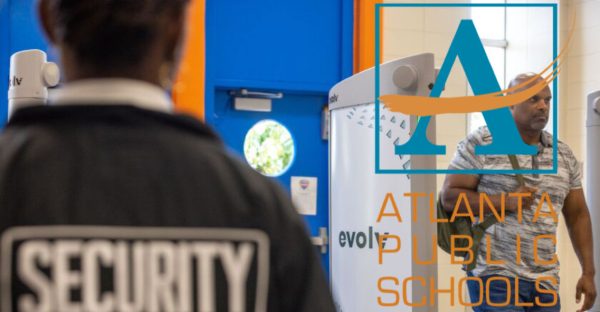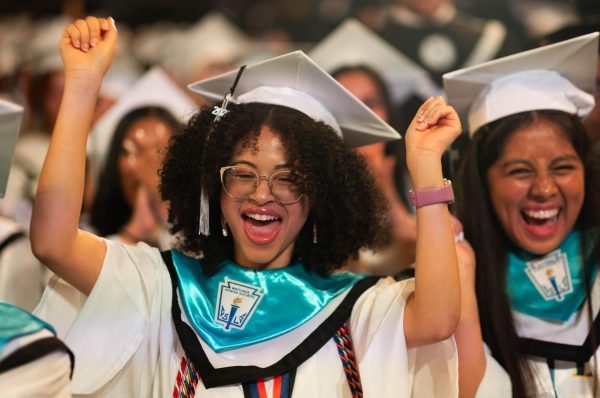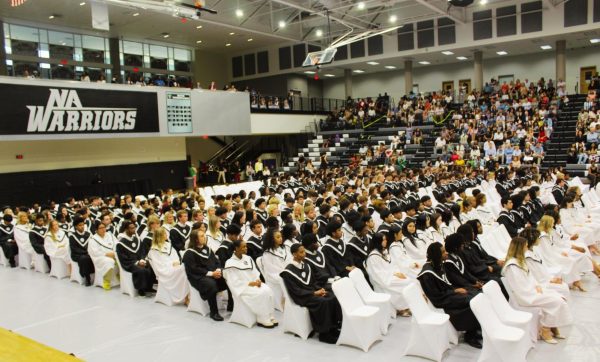AI Artwork: Do Student Artists Approve?
People want to protect the things that belong to them or that they’re close to. The concept of belonging and who has rights to what is fundamental to the society we live in today. This applies to most aspects of our lives which is why so many laws have been created to protect that ownership. Of course this extends to creative works as well, especially artwork. Copyright laws have been created to protect media from being stolen by other people, but what if the threat is not human at all? In recent times, AI has been developing nonstop to the point where it is capable of unique writing, talking, and even videos. However, the art community online has felt threatened by these recent advancements that could possibly take away from the artists that sell their work for commission. What about student artists? Do they feel that art made by artificial intelligence is a cheap replacement for their work, or do they see it as an interesting technological innovation?
Some students express the feeling that AI art takes away from the value that a piece has. While what it can create is impressive, it undermines the large amount of time and effort that it takes for real artists to develop their work and skills. If you spend hours drawing something that you are proud of just to have a computer do the same thing in less than a minute, it probably doesn’t feel great. “It’s like cheating. It’s not real art made by a real artist. There’s nothing genuine about it,” said junior Diana Mansouri.
There seems to be others that aren’t as against the concept of AI art itself, but the potential monetization from it. The fact that AI is evolving isn’t what concerns them, but the fact that it can take the role of human artists. They think that should be the last direction that these advancements are headed toward. “I guess it’s cool that computers can do that now, but I think it’s wrong if real artists lose out because of it,” said junior Chloe Middleton.
Despite the approval or disapproval of the artists in question, AI will continue to be developed and advanced regardless. Innovation isn’t always necessarily a bad thing. However, problems do arrive when it takes away opportunities from those who are creative and make things using their own skills. It can devalue genuine works, whether on a quality level or monetary one. All that can be hoped for is that we control the potentially negative effects of it.


